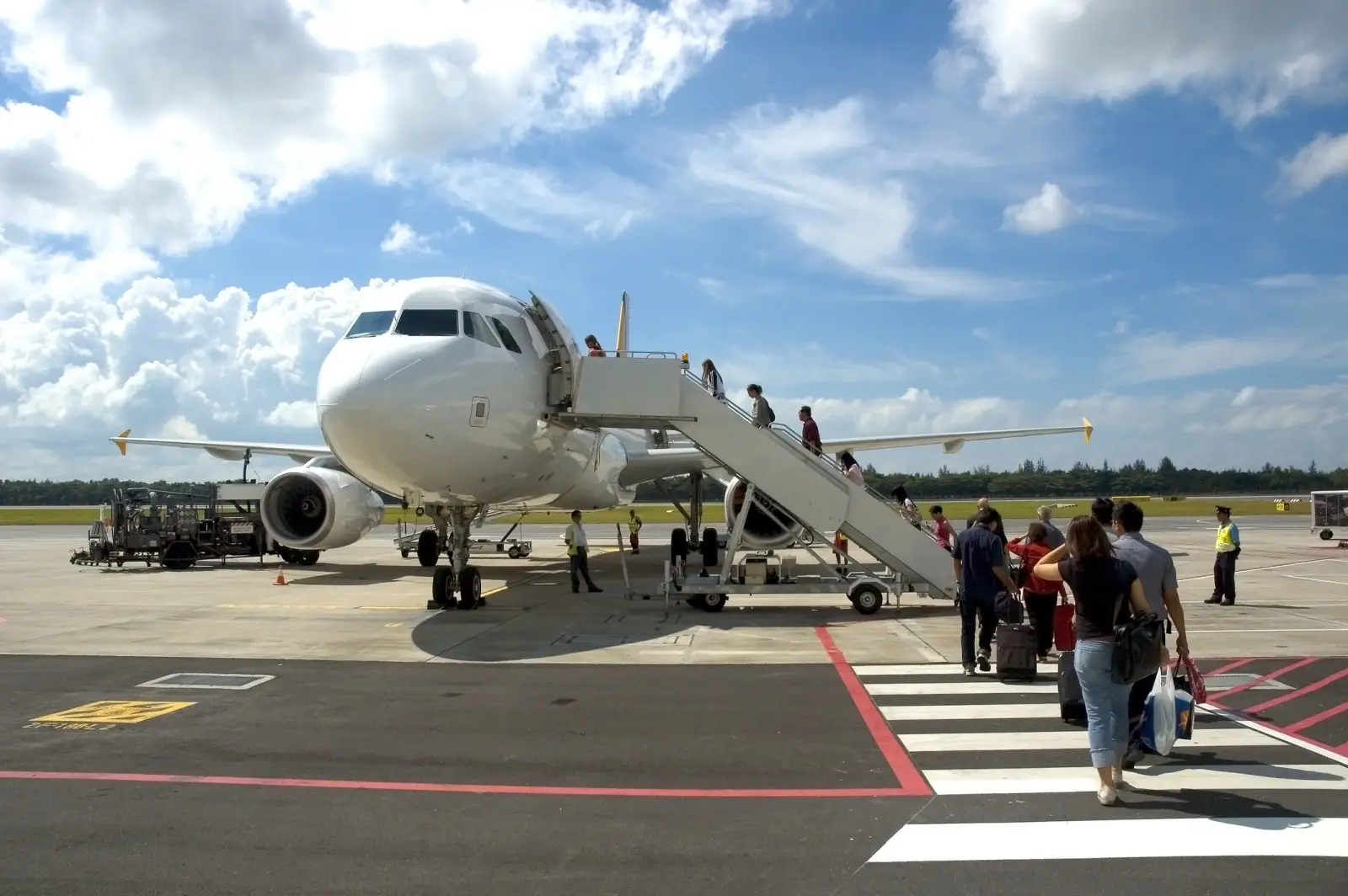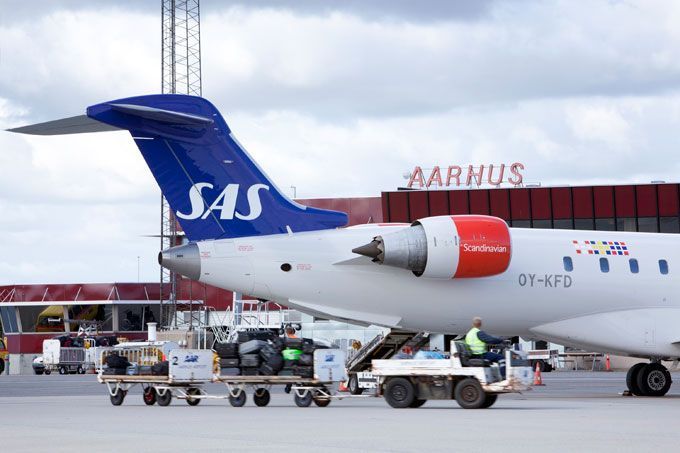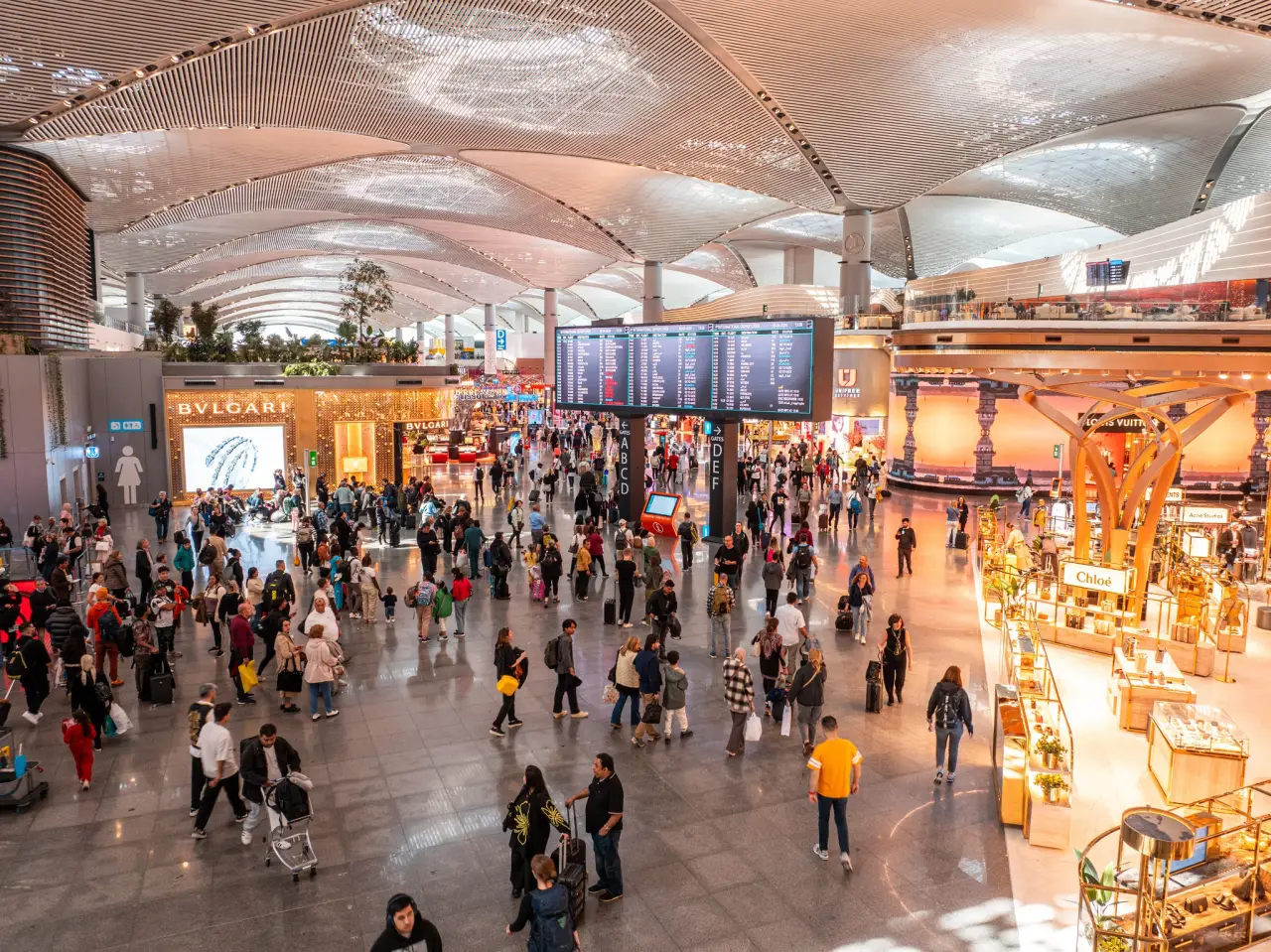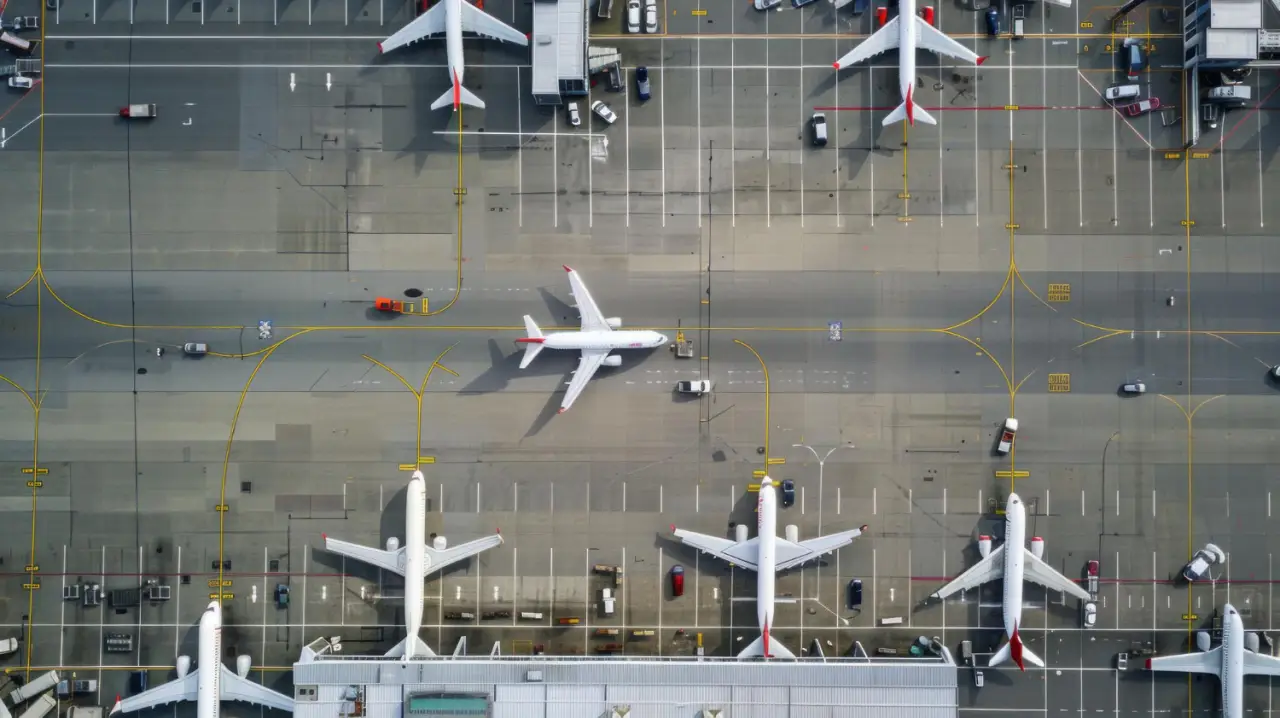A staggering $1.7 billion in airline funds remains trapped globally, creating a financial roadblock for the aviation industry.
The International Air Transport Association (IATA) recently highlighted this persistent issue, underscoring the challenges airlines face in repatriating revenues due to government-imposed restrictions. Although the $1.8 billion reported earlier this year slightly improved, the problem continues to jeopardize aviation connectivity and economic growth in several regions.
Nine countries account for 83% of these blocked funds, with Pakistan leading the list at $311 million. While this marks a decline from $411 million earlier this year, long processing delays caused by audit and tax exemption certificates continue to frustrate airlines. Meanwhile, African countries hold nearly $1 billion of the total funds, or about 59% of the global tally, with the XAF and XOF zones, Mozambique, and Algeria contributing significantly to the problem.
IATA’s Director General, Willie Walsh, emphasized the urgency of resolving these issues: “Governments must remove all barriers for airlines to repatriate their revenues from ticket sales and other activities in accordance with international agreements and treaty obligations. If airlines cannot access their funds, they cannot be expected to provide services, which will ultimately hurt economies reliant on aviation connectivity.”
Country-Specific Challenges
In the XAF zone (Central African countries like Cameroon and Gabon), blocked funds have reached $235 million, while the XOF zone (West African countries like Senegal and Ivory Coast) added $73 million to the global tally within a year. Mozambique’s $127 million, rising by $84 million in six months, further illustrates how foreign exchange shortages and stringent government controls are escalating the problem.
| Country | Amount US$ Million | Months held |
|---|---|---|
| Pakistan | $311 | 48 |
| XAF Zone | $235 | 60 |
| Bangladesh | $196 | 47 |
| Algeria | $193 | 24 |
| Lebanon | $142 | 60 |
| Mozambique | $127 | 47 |
| Angola | $80 | 36 |
| Eritrea | $75 | 96 |
| XOF Zone | $73 | 12 |
Lebanon remains a persistent issue, with $142 million stuck for over five years. Airlines operating in Eritrea face the longest delays, with $75 million frozen for 96 months. Meanwhile, Bolivia’s addition to the list highlights a new concern: $42 million in airline funds is blocked due to worsening foreign exchange availability.
Global Impact on Airlines and Economies
Blocked funds pose a serious threat to global air connectivity and economic growth. Airlines rely on revenue repatriation to maintain operations, pay staff, and expand routes. The inability to repatriate funds disrupts these activities, causing airlines to limit or suspend services to affected regions. This, in turn, impacts local economies that depend on aviation for trade, tourism, and jobs.
In Pakistan, for instance, blocked funds contribute to delays in accessing foreign exchange, potentially reducing the availability of flights and increasing ticket prices. Similarly, in Africa, rising blocked funds could lead to reduced connectivity, further straining economies already reliant on air travel for development.
A Call for International Cooperation
To address this billion-dollar issue, IATA continues to call for international cooperation and adherence to global agreements. By enabling airlines to repatriate their revenues, governments can ensure uninterrupted air services, promote tourism, and drive economic recovery.
As the aviation industry recovers from the pandemic, resolving the blocked funds crisis will be critical to sustaining its growth and ensuring equitable access to global travel. For governments and airlines alike, it’s a challenge that can no longer be ignored.













